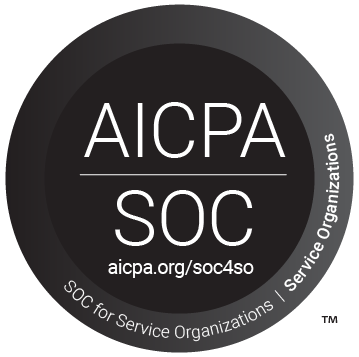The Food and Drug Administration (FDA) approves about two thirds of new cancer drugs on the basis of clinical trials that use surrogate end points, such as laboratory values or radiographic findings, rather than clinical end points that assess survival or how patients feel or function. The accelerated approval program allows drugs designed to treat serious conditions for which there is an unmet medical need to be approved on the basis of changes in surrogate measures that are only reasonably expected to predict clinical outcomes. Because in certain fields of medicine, such as cancer, a drug’s effects on surrogate measures such as tumor size (see table) are often more pronounced and occur more rapidly than effects on a patient’s clinical status, trials focused on surrogate measures can enroll fewer patients and can be completed more quickly than trials with clinical end points, thereby enabling products to reach the market earlier. Since clinical end points such as survival are generally what matter to patients, however, the FDA requires that the clinical benefits of drugs granted accelerated approval be confirmed in subsequent trials.
Read the full article at: https://www.nejm.org/doi/full/10.1056/NEJMp2306872/


